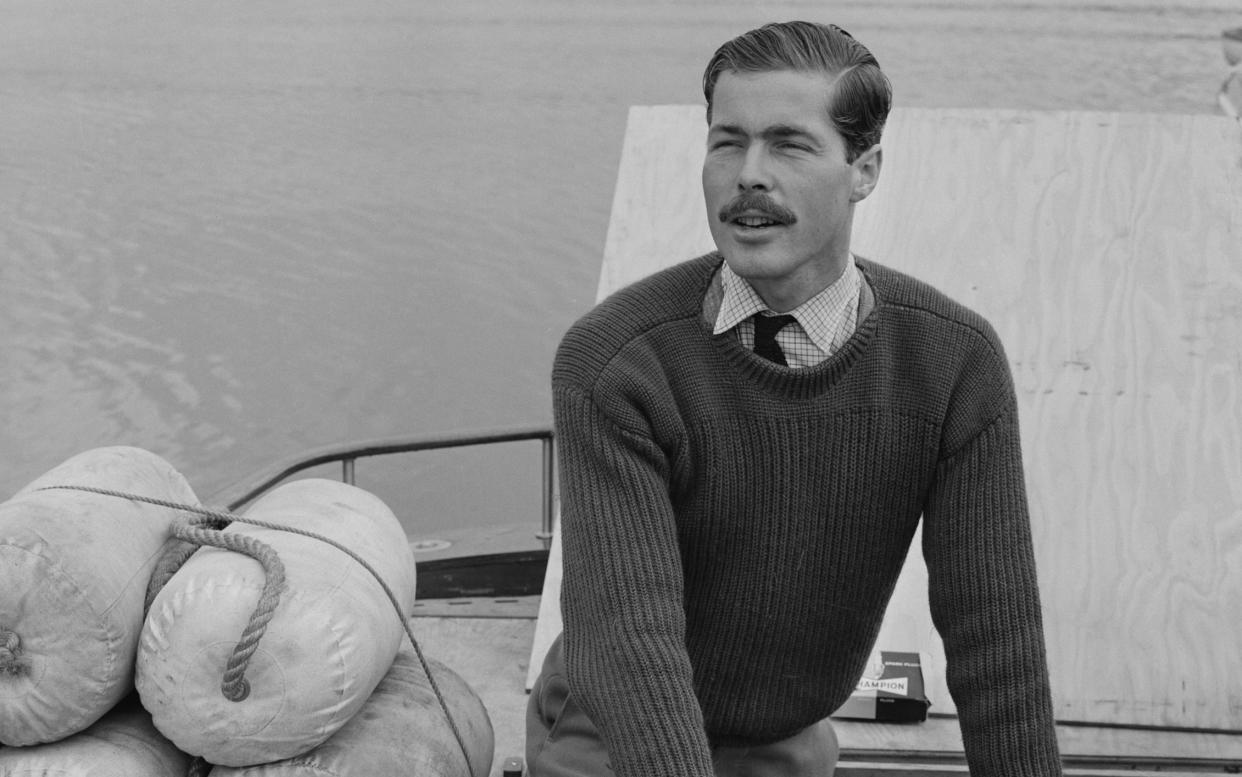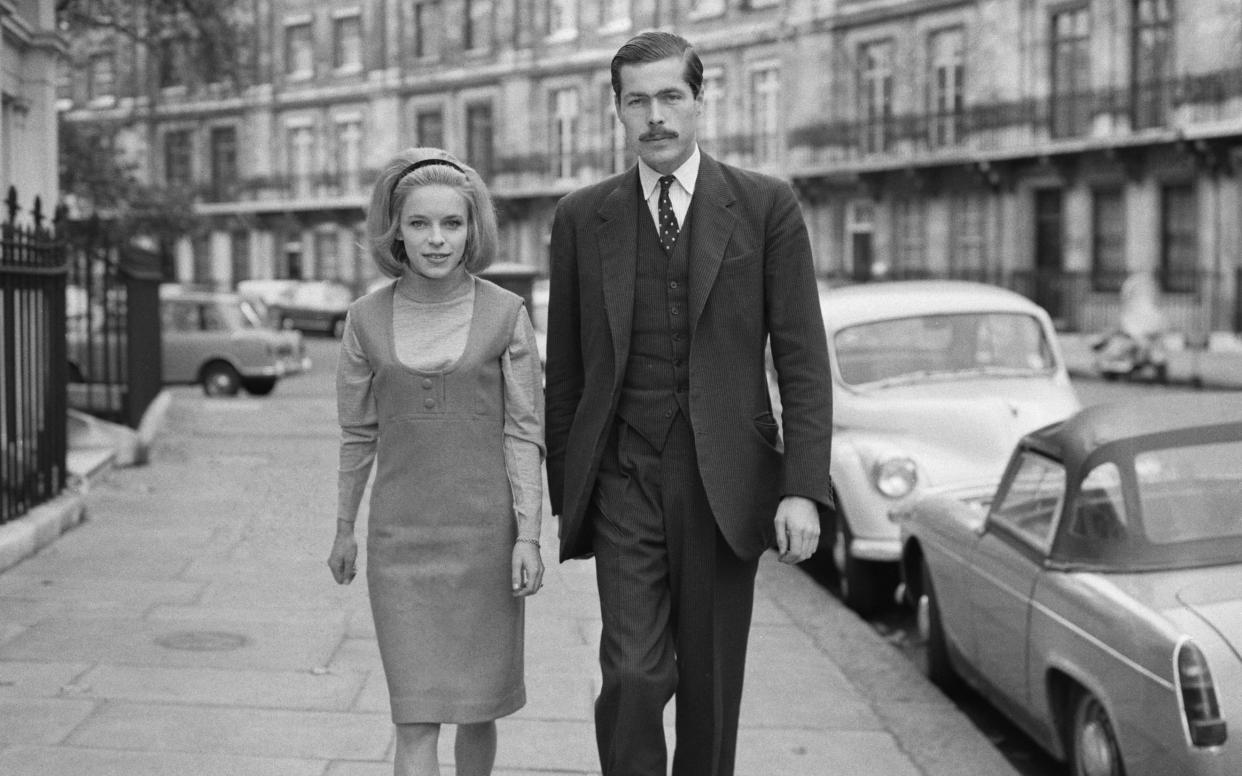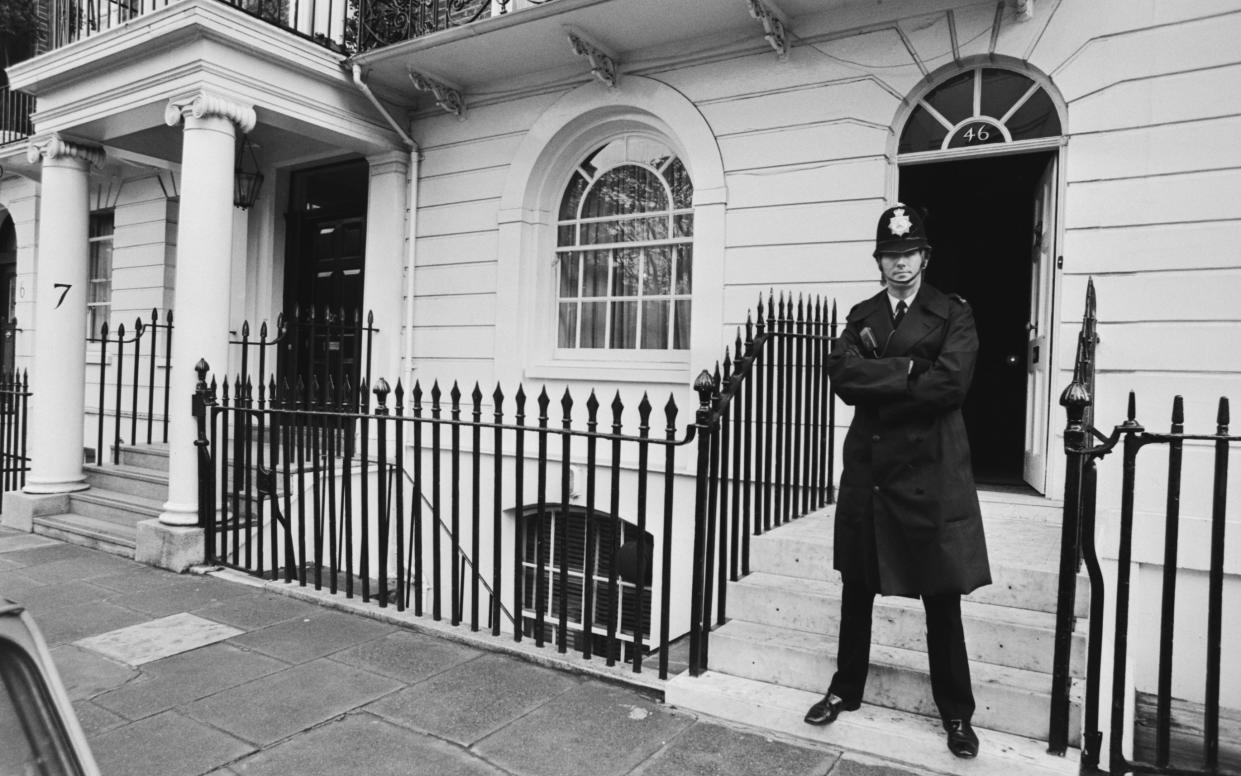The Lord Lucan mystery is the gift that keeps on giving

Whoops of excitement in the tabloids this week with a new hook upon which to hang thousands of new words and a podcast about Lord Lucan. This November it will be 50 years since the aristocrat disappeared following the murder of the family’s nanny, Sandra Rivett, and an assault on his wife, Veronica. The Mail has got its hands on a previously unseen document compiled by the original investigating officer, Detective Chief Superintendent Roy Ranson. The file is titled Regina v the VII Earl of Lucan and was the basis upon which Lucan would be tried as soon as he turned up and was arrested. Ranson expected it would happen within days of the murder at the Lucan family home in Belgravia on November 7, 1974. Except Lucan didn’t turn up. He disappeared and was never seen again.
There have been countless documentaries and dramas on the subject and, as we approach a grim anniversary, old-school hacks are rubbing their hands with glee at another chance to retell the story.
As always, it is nostalgia that fires up interest. There are the exquisite nuggets of the story itself: the rarity of an aristo accused of murder, the bedraggled sight of Lady Lucan fleeing to the Plumbers Arms screaming “Murder, murder!”, the juxtaposition of PC Plod versus the toffs (those toffs, the Lucan circle of friends – John Aspinall, James Goldsmith et al – refusing to say a word aside from expressing total loyalty to Lucan), the letters Lucan wrote while on the run, the borrowed car found at Newhaven. And the Cluedo-like instruments of murder: lead piping and a US mail bag; into which, apparently, he planned to put his wife - presumably mistaken for the nanny, who was thus bludgeoned to death in the basement of 46 Lower Belgrave Street.
That and so much more has been ruminated on over the years. But the story has also inspired opportunities for Fleet Street’s finest to go looking for Lucan. On a rainy Tuesday in April, with the features cupboard looking a little empty, numerous journalists over the years have looked to Lucan as a tree of endless juicy fruit.
And today, as journalism changes with the winds of the digital revolution (most poignant this week with the demise of the once great Evening Standard; remember its six daily editions ending with the coveted “West End Final”?) hacks grab at the Lucan story as a memento of Fleet Street’s good old days. Thrilling days of hot metal, of a building shaking as the press started to print the first editions, of the boozy drinking dens and, particularly, of the time when a hack could spend days, weeks even, on some pootling story, where the main aim was plenty of long lunches with 1,200 words, max, punched out at the end.

Of the most accomplished of this art was Garth Gibbs of the Daily Mirror. Gibbs revelled in what The Guardian on his death in 2011 described as “30 years of fruitless journalistic endeavour”. Gibbs was stirred by the Sunday Express editor John Junor, who once said: “Laddie, you don’t ever want to shoot the fox. Once the fox is dead there is nothing left to chase.”
Thus Gibbs looked for Lucan in South Africa, Macau, Hong Kong, the Bahamas, Paraguay, New Zealand, Melbourne and Barbados. “I regard not finding Lord Lucan as my most spectacular success in journalism,” Gibbs once said. “Of course, many of my colleagues have also been fairly successful in not finding Lord Lucan. But I have successfully not found him in more exotic spots than anybody else.”
As Gibbs’ deck-bound colleagues were bound to note, there was never a sighting of Lucan in Newport or Hull.
I, myself, have also been on the Lucan bandwagon, although Gibbs would not have approved. My contribution was quite productive in that in August 1998 I grabbed the first ever interview on the subject with Lucan’s son, George Bingham. It made the front page of the Daily Mail over two days. His brilliant mind and sense of humour had somehow sustained him since his father vanished when he was aged seven.
“Any idea where he is?” I once asked him in the wake of a new, ludicrous “sighting” in Goa in 2003. “Last I heard, Botswana,” he said, “but it was a very bad line, I can’t be sure.”
In fact, George has long been convinced his father died soon after the events of November 1974 and he has been decidedly circumspect as to his assumed guilt.
Of the coroner’s court verdict in 1975 on the death of Sandra Rivett (the verdict: murder, by Lord Lucan), George told me in 1998: “I found inconsistency after inconsistency – it was a mad melodrama, a sort of theatre of the absurd. My father may have been dim, or may have been mad, but no-one would reinforce lead-piping with bandage to kill someone. Use a candelabra, a revolver, a rope, a knife, poison. But of all the weapons in the Cluedo set, as any plumber will tell you, you would not use soft lead piping.”

Seeking release, a re-brand indeed, from the saga, George, with his wife Anne-Sofie, now runs the luxury brand Lucan Fashion. Maybe their site will get some hits in the coming days as the Trial of Lord Lucan podcast is released and newbies to the story hit Google. And if he’s found guilty, the journos will need a re-trial as, sadly, Lucan was declared dead in 2016 and, now pushing 90, is unlikely to fetch up in a bar in Tahiti.
Meanwhile, those of us who feast on the story will continue to hope for no resolution, no discovery of a body, and no end to this extraordinary mystery.


